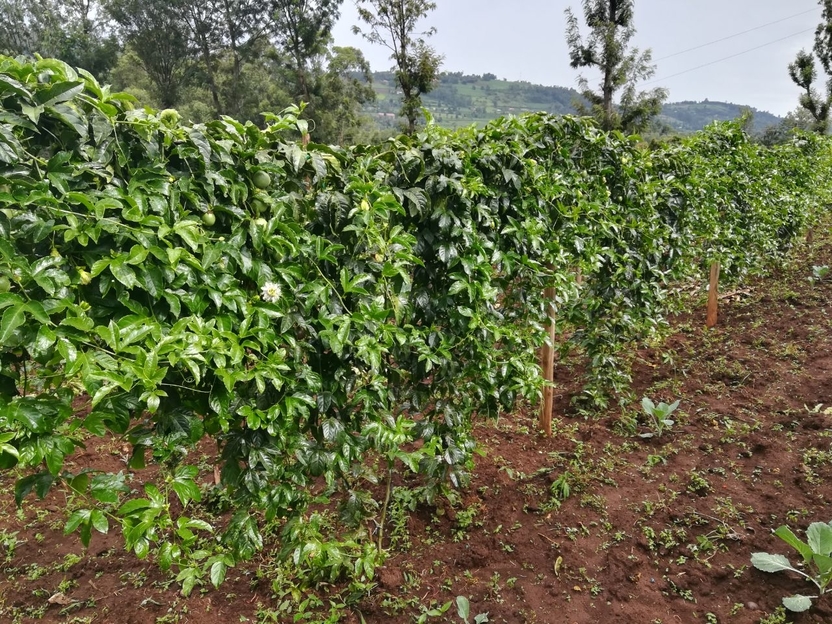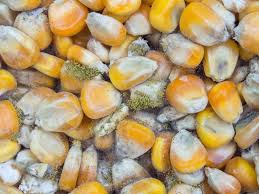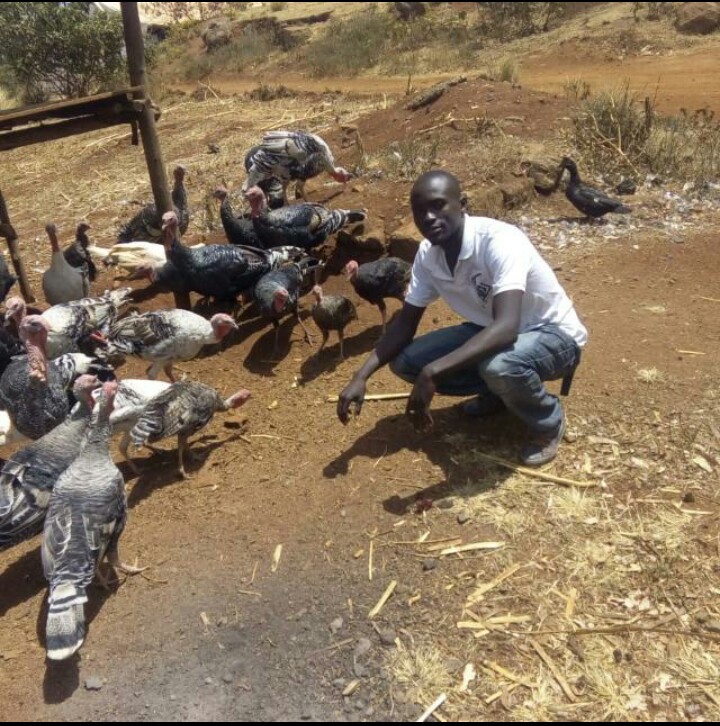
In 2018, Patrick Kirui, a Kabarak University graduate left his marketing job at a Nakuru based firm after working for six months to focus on passion fruits farming, a venture that is now earning him up to Sh60,000 a month.
In this, Kirui is assured of monthly income compared to his previous job in which he was paid a commission based on what he sold.
“I realized selling cars was a seasoned job and that’s why I decided to quit and fully venture into passion fruits having been in this business since my high school days,” said Kirui who graduated with a bachelor’s degree in business management and information technology (BMIT) in 2018.
In four years, Kirui completed his degree and was offered a marketing job by one of the motor vehicle dealers in Nakuru town. In this, he only sold one car during his entire six months at the company; a move he says prompted him to quit the job for fruit farming.
“I started selling passion fruits in 2010, when I was still a student at a local secondary school after I was introduced to it by a friend with an initial capital of Sh100,” said Kirui.
Related content
How to grow and earn millions with passion fruits
Exporter training North Rift farmers on passion fruit production
Grafting purple and yellow passion fruit controls deadly wilting disease
During the holidays, he would buy passion fruits from small scale farmers, ferry them to Nakuru town and sell them at a higher price as a way of making profit as well as raising his own school fees. Little did he know that this was part of a training which would usher him into lucrative passion fruit production.
It is from this that the graduate raised Sh50, 000. In this, he used Sh20, 000 of the amount to lease two acres of land in Nakuru for passion farming. He used the remaining Sh30, 000 to plough land, buy herbicides, fertilizer and labour. He was lucky to receive free seedling from one of his relatives.
From his farm, Kirui harvests an average of 600kg of passion fruits.
Currently, a kilo of passion fruits in Nakuru retails at Sh120. He therefore earns Sh72,000 before deduction of transport costs which cost him Sh12,000 monthly transporting the produce 50km away from the town.
Kirui does not only depend on his farming but also buy passion fruits from other small scale farmers who cannot easily access market to boost his earning.
“Sometimes when I am ferrying my produce to the market, I buy more fruits from my village and sell them at a profit to boost my earnings,” he said.
One of the major challenges he faces is fluctuating market prices.
“When the supply at the market is high, the demand lowers and thus we end up selling a kilo of passion fruit at Sh80 which is a huge loss especially for those of us who have a high stock,” he said.
Despite the challenge, Kirui is planning to put up a factory for value edition which will enable him and other farmers sell their produce directly to consumers and big retail outlets without passing through middlemen, who he says deny farmers their full returns.
“I would rather farm passion fruits than work for other people who will rarely value my input. I honestly don’t know how my life as a marketer would be but the truth of the matter is that I am enjoying my career as a farmer,” said Kirui.
Kirui urged other graduate to take up the endless opportunities in agriculture sector to make a living instead of sitting and waiting for white collar jobs.
According to the National Farmers Service, the demand for the fruit in the local and international market is still unmet.
Kenya exports the fruit to Brazil, Colombia, Zambia, Zimbabwe, Holland, France, United Kingdom, United Arab Emirates, Germany and Belgium.
Passion fruits are very rich in Vitamins A and C and carotene making it an important health food. The fruit is also used for commercial juice processing.
Write comment (0 Comments)
















